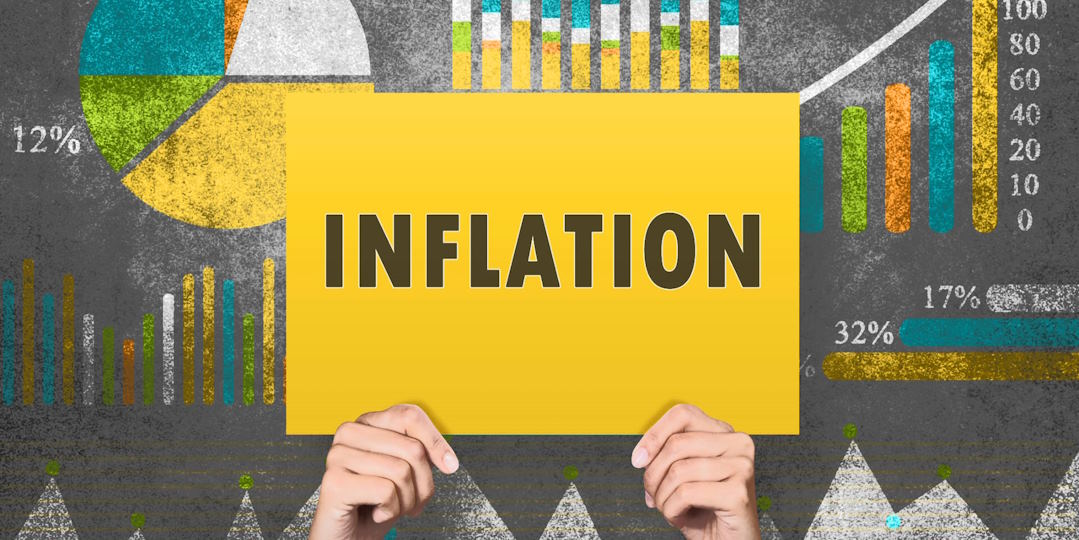This economic phenomena, a powerful force in the economic realm, significantly shapes the value of money and, in turn, the composition of investment portfolios. For investors navigating the dynamic currents of the financial world, comprehending the diverse influence of inflation on various asset classes is not merely a wise decision but a pivotal necessity.
What is the influence on investments?
Purchasing Power
With the ascent of prices, the true value of money wanes, leading investors to acknowledge that the same monetary amount may not secure equivalent goods and services in the future.
Influence on Fixed-Income Investments
The realm of fixed-income investments, epitomized by bonds, experiences a distinctive impact from inflation. As the cost of living rises, the fixed interest payments from bonds may lag, resulting in diminished real returns. In this case investors holding fixed-income securities face the challenge of preserving the value of their investments in inflationary environments.

Equity Investments and Inflation
Equities navigate a complex landscape during inflationary periods. While specific sectors may thrive with escalating prices, others might encounter heightened production expenses. Investors in stocks must meticulously evaluate industry dynamics, contemplating the potential effect of inflation on their equity portfolios.
Real assets as safeguards
Real assets, for instance real estate, commodities, and precious metals, emerge as stalwart defenders against the erosive effects of inflation. Their intrinsic value and tangible nature often enable them to retain or increase in worth when traditional fiat currencies face depreciation. Investors turn to these tangible assets as reliable hedges in inflationary climates.
Impact on Interest Rates
Central banks, in response to inflationary pressures, may adjust interest rates. The ripple effect of these adjustments touches various aspects of investments, influencing borrowing costs, corporate earnings, and the overall attractiveness of diverse asset classes.
How can investors be prepared for inflation?
To strengthen portfolios against inflation, investors can enhance diversification across asset classes, prioritizing real assets such as real estate and precious metals. Additionally, they may bolster resilience by exploring inflation-protected securities (TIPS) and short-term, inflation-adjusted bonds.
Regularly reassess and rebalance the portfolio based on economic indicators, staying informed about inflation trends. Besides, explore alternative investments, utilize inflation hedging strategies, and evaluate variable-rate debt.






